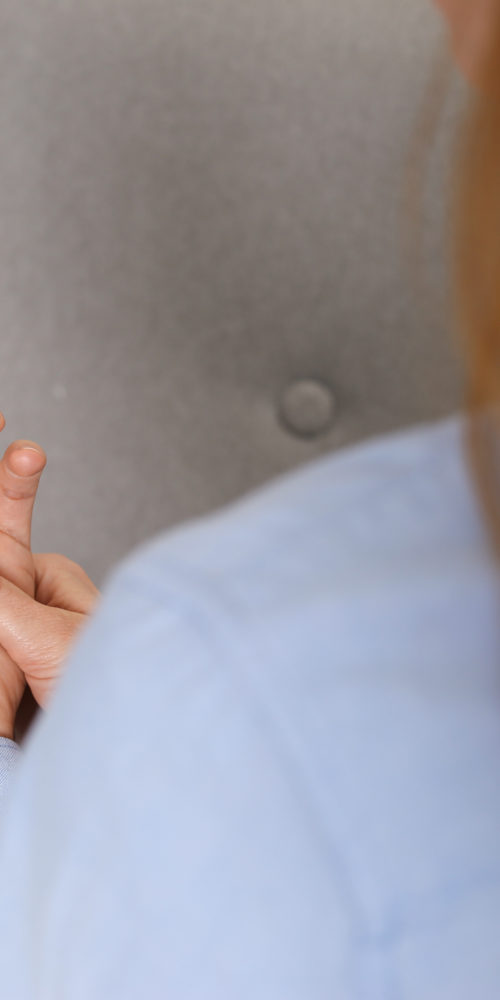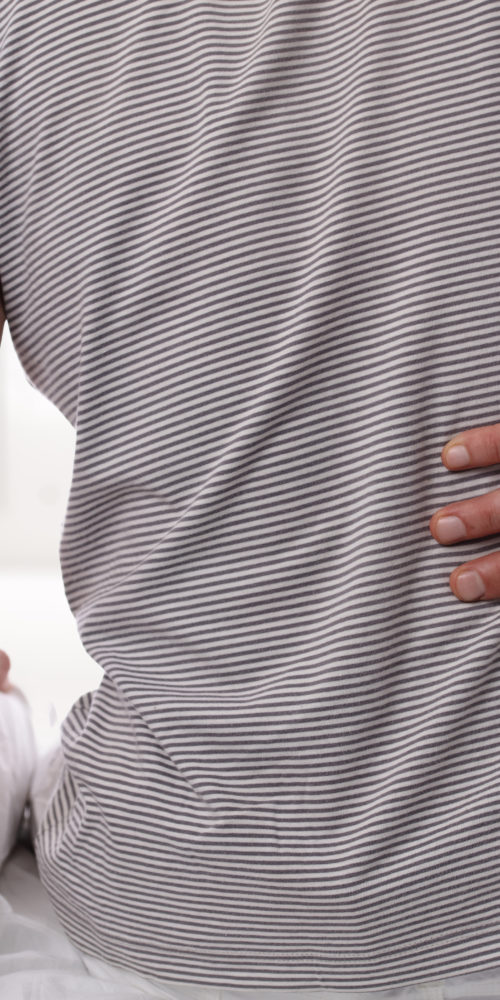Speak with one of our healthcare providers now via text or video.
Helping you get back to living
Interventional Physiatry
Hours: Monday–Friday, 8am–5pm
What is Interventional Physiatry?
Physical Medicine & Rehabilitation physicians (also referred to as “PM&R”, or Physiatrists) specialize in the evaluation and conservative treatment of patients with a wide variety of medical conditions relating to muscles, tendons, bones, nerves, and soft tissues.
Our physiatrists use a multimodal approach to resolve your specific symptoms starting with a comprehensive evaluation to identify the cause of your condition. Electromyography testing (EMG), physical examination, and various imaging studies are typically performed to design a comprehensive conservative treatment plan. What results is a plan that may include physical therapy and injection procedures based on the pain and strength of supporting muscle groups. In the end, you receive individualized attention and a rehabilitation program to achieve your maximum functional potential.
Common Conditions & Procedures
- EMG/NCV (Electromyography & Nerve Conduction Studies)
- Joint Injections
- Trigger Point Injections
- Musculoskeletal Ultrasound
- ESI (Epidural Steroid Injection)
- Nerve Block
- Orthobiologics (PRP, BMAC)
- MRI Arthrogram
- TenJet

Mauricio Acebey, MD
Interventional PhysiatristDr. Mauricio Acebey's excellence in medicine and background in various procedures make him a welcomed member of the DMOS team.

Mark Fox, MD
Interventional PhysiatristDr. Mark Fox, focuses on primary care for sports medicine and enjoys helping others achieve their athletic goals.

Maddie LeWarne, PA-C
Spine CenterMaddie enjoys making personal connections with her patients and allowing them to participate in the decision-making process when creating their treatment plans.

Paula Stageman, ARNP
Spine CenterPaula believes in providing quality holistic care to help patients get back to living the quality of life they deserve.
FAQ
What is EMG?
EMG (Electromyography): Diagnostic exam assessing the health of the muscles and the nerves that control them. Fine needle electrodes are inserted into the muscle to measure the electrical communication between the two structures. This test is used to help distinguish whether weakness is due to muscle or nerve dysfunction (i.e., myopathy vs. neuropathy).
What is NCS?
NCS (Nerve Conduction Studies): The nerve being examined is stimulated by a small electrical shock and electrodes placed on the skin measure the speed and quality of the electrical signal as it travels down the nerve. This test can help distinguish location of a nervous system lesion (radiculopathy, peripheral neuropathy, motor neuron disease, or neuromuscular junction).
What are Joint Injections?
Joint Injections: injections to help diagnose and treat joint disorders often seen in orthopedic, rheumatologic, and sports medicine disorders such as knee osteoarthritis, rotator cuff tendinopathy, etc.
What are Trigger Point Injections?
Trigger Point Injections: lidocaine or dry needling can be used as an adjunct to proper exercise and physical therapy to treat trigger points, thought to be sources of chronic myofascial (soft-tissue) pain.
What is a Musculoskeletal Ultrasound?
Musculoskeletal Ultrasound: although it has been used for decades as a modality to deliver deep heat in therapies, ultrasound is now increasingly being used in the outpatient setting to supplement the musculoskeletal evaluation through visualization of the structures. Ultrasound may be used to evaluate for soft tissue abnormalities in commonly examined joints and structures. This technology is also now frequently used to guide injections, as it allows for improved placement of needles for delivery of treatment without exposure to ionizing radiation.
What is an Epidural Steroid Injection?
Epidural Steroid Injection (ESI): involves placing the needle into the back of the epidural space and delivering the steroid over a wide area.
What is a Nerve Block?
Nerve Block: the injection of numbing medication (local anesthetic) near specific nerves to decrease your pain in a certain part of your body during and after surgery. A nerve block is not for everyone and your physiatrist will evaluate whether it is the right option for you.
What is Orthobiologics?
Orthobiologics (regenerative treatments): These are substances that our physicians use to help certain injuries heal more quickly or provide long-term pain relief. They are used to augment the healing of certain tendinopathies such as “tennis elbow” or “golfer’s elbow”. They may also be used to assist in alleviating chronic pain and improving function for individuals with in joint osteoarthritis. These substances are naturally found in your body and are professionally collected and processed for administration during your office visit. Processing is performed on site, using commercially available equipment to ensure safe and effective concentration of the injectate.
What is a MRI Arthrogram?
MRI Arthrogram: It is a two-part procedure consisting of a contrast injection into the joint, followed by an MRI. An arthrogram can find tears, degeneration or disease in the cartilage, ligament or tendon; detect growths or synovial cysts in the joint; diagnose unexplained joint pain; determine the need for treatment, including arthroscopy, surgery or joint replacement
What is TenJet?
TenJet: a device designed to target and treat the source of your chronic tendon pain. The needle-like device utilizes a controlled, high pressure stream of sterile saline to act as a cutting blade and selectively remove diseased tendon while sparing healthy tissue. The device can be used in minimally invasive procedures, performed under a local anesthetic, in approximately fifteen-minutes, to treat the source of your chronic tendon pain.










